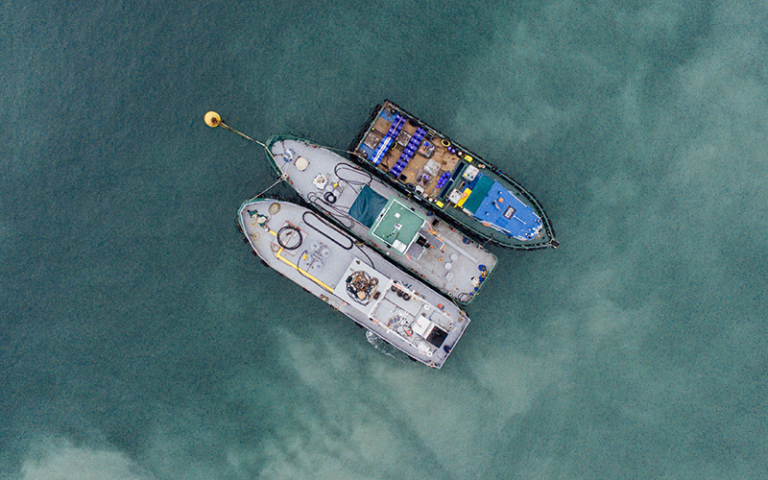The Shipowners Club publish a comprehensive assessment of alternative and zero emission fuels
26 August 2022
UCL Energy Institute PhD researcher Colin Robertshaw has authored a new report 'Alternative low emission fuels for the maritime industry’ giving a comprehensive assessment of zero and low emission fuels

A new report released today, authored by UCL Energy Institute PhD researcher, Colin Robertshaw and Shipowner’s P&I Club titled ‘Alternative low emission fuels for the maritime industry’ provides a comprehensive assessment of zero and low emission fuels against the most important criteria, which includes operational safety, the environment, operational utilisation, and characteristics of fuel production.
The report will be a key reference point for shipowners and operators when evaluating investment in any one of the thirteen fuels considered in the study, ranging from biofuels to electro-fuels. The assessment for each fuel includes hazards to personnel, hazards to the vessel, hazards to the environment, applicable regulations, training requirements, fuel characteristics, production methods, carriage states, interchangeability, sustainability issues, fuel availability and adoption trends.
Colin Robertshaw, Doctoral Researcher at UCL and author of the report said
“While the adoption of alternative fuels within the maritime industry is fundamental in achieving the decarbonisation objectives of the IMO, information for commercial operators on their practical implications is lacking. This overview document is intended to provide some of this information by summarising aspects of performance for prospective alternative fuels in relation to one another, thereby highlighting areas that require further consideration by any interested parties."
According to the Shipowners Club, which insures over 34,000 small and specialist vessels across the globe, it is important for industry stakeholders to understand which factors may influence the take up of low emission alternative fuels and what practical impacts may be experienced or require consideration by ship owners, operators, managers, and crew. This document aims to assist with raising awareness and deepening understanding to this end.
View and download the full report
 Close
Close

